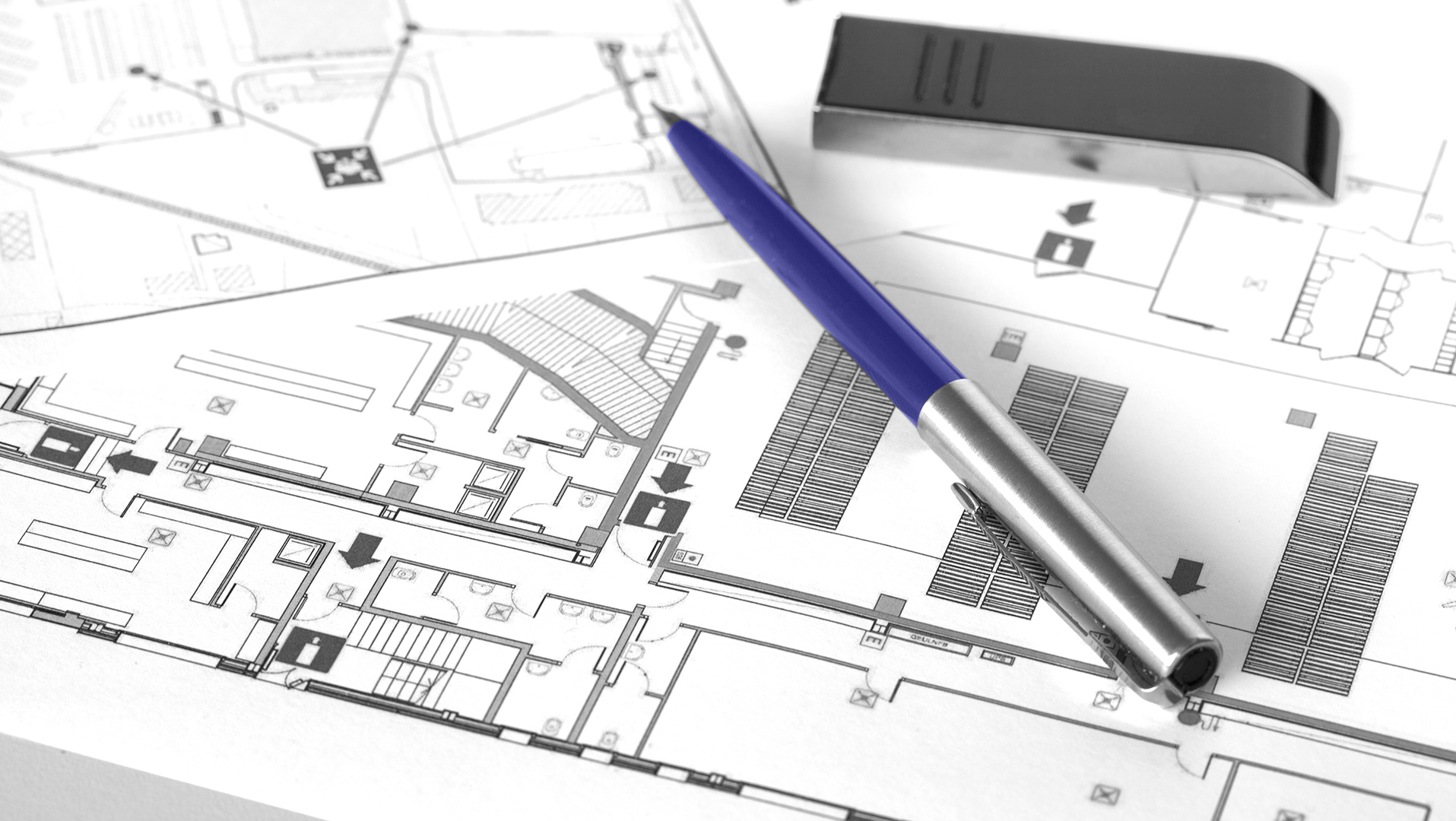Top 5 Key Factors to Consider When Selecting a Site for Real Estate Development
Choosing the right location for developing a real estate project is crucial for ensuring the success and profitability of the investment. Several...
2 min read
 Jean-Christophe
Jul 10, 2024 6:31:04 PM
Jean-Christophe
Jul 10, 2024 6:31:04 PM

A feasibility study is a comprehensive assessment essential for evaluating the potential success of a real estate development project. This analysis provides critical insights that help developers and investors make informed decisions by identifying both opportunities and potential risks. Let’s delve deeper into the key components of a feasibility study in real estate development.
Location is one of the key factors for the success of a real estate project. A feasibility study evaluates the quality of the location by considering various elements such as accessibility, proximity to amenities, and potential for future development.
Understanding the urban context is essential for harmoniously integrating the project into its environment. This analysis examines existing infrastructures, upcoming development projects, and the potential impact on the local community.
A feasibility study includes an analysis of the socio-demographic profile of the targeted area. This involves examining the characteristics of the local population, such as age, income, and housing preferences.
Market analysis encompasses examining current and future competition, as well as projected pricing. This step helps estimate the demand for the proposed project type and position it competitively in the market.
Estimating potential demand is crucial for determining the project’s profitability. This analysis includes evaluating market trends, consumer preferences, and local economic dynamics.
Understanding the applicable regulations in urban planning is essential to ensure the project’s compliance. This involves understanding what is currently permitted or identifying potential regulatory changes that might be approved.
Identifying the uses permitted by local regulations helps define the project’s possibilities and limitations. This includes verifying the types of activities allowed on the site and specific conditions to be met.
Site planning principles, such as setback requirements, maximum building heights, floor area ratio (FAR), and site coverage ratio (SCR), are analyzed to define the project’s design.
The construction sequence or project phasing is proposed to ensure a progressive and efficient realization. This step includes planning the different construction phases based on market absorption rates, site configuration, and construction constraints.
At this stage, the project is outlined to assess the maximum size while respecting site planning principles and other applicable regulations.
The typological distribution of units (studios, apartments, offices, etc.) is evaluated to meet market needs and optimize building occupancy. This analysis helps optimize space layout to maximize profitability.
Estimating construction costs is crucial for establishing a realistic budget. This analysis includes land acquisition costs, direct costs (materials, labor), and indirect costs (permits, professional fees, etc.).
A detailed financial modeling is conducted to estimate the project’s costs and potential revenues. This step includes developing financial scenarios to evaluate profitability under different assumptions.
A feasibility study is an indispensable tool for any real estate development project. When well-executed, it can not only confirm the viability of a project but also provide valuable information to optimize its design and realization.
Before embarking on your next real estate project, do not hesitate to contact us for assistance in conducting a comprehensive and rigorous feasibility study to maximize your chances of success 🚀
Choosing the right location for developing a real estate project is crucial for ensuring the success and profitability of the investment. Several...
Pre-development analysis is a crucial step in any real estate project. It determines the feasibility and profitability of the project before...
The face of Downtown Montreal is changing. In recent years, many office buildings have struggled to fill their spaces, remaining underused—or even...